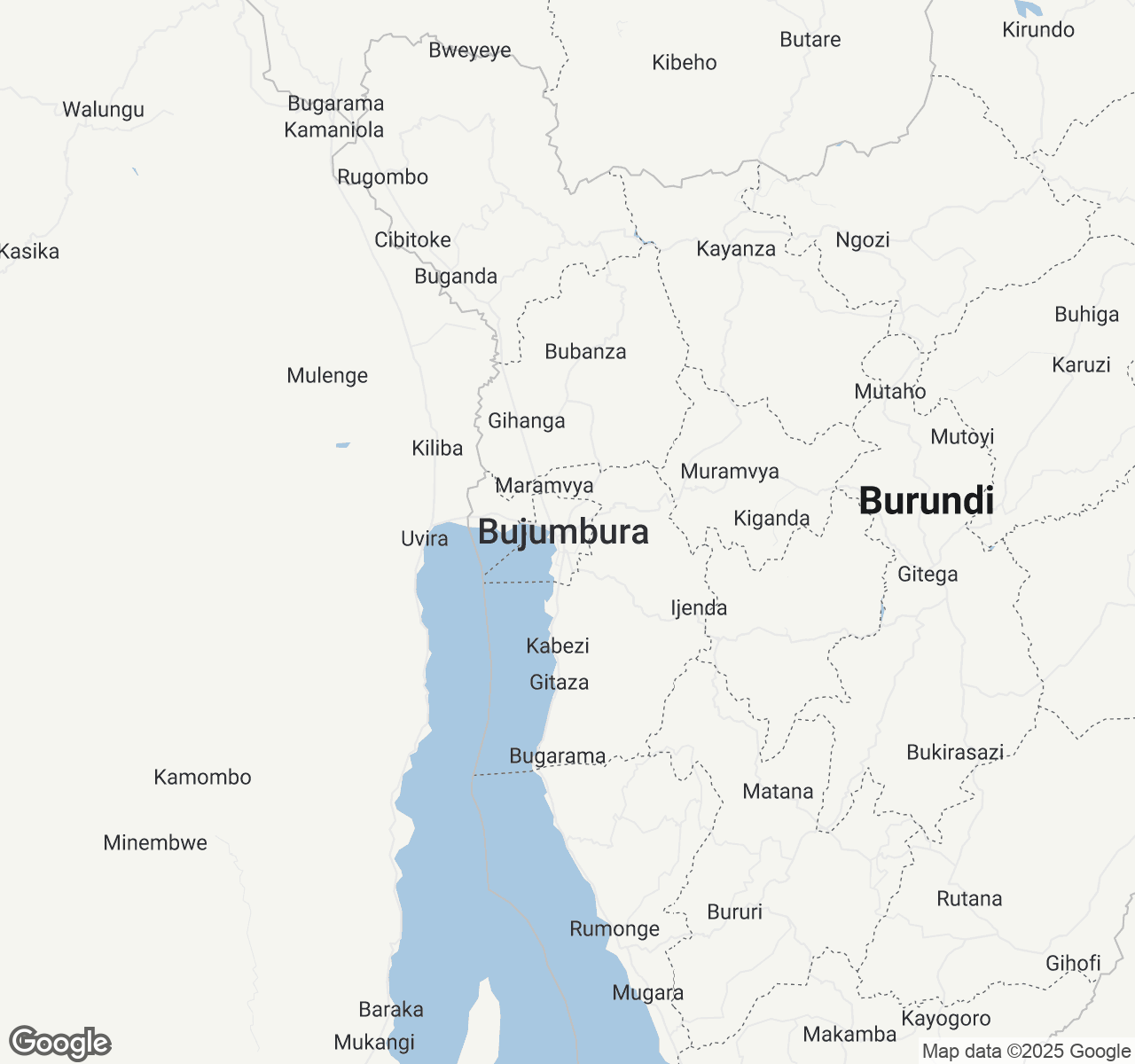
Things to Do in Mbabane
Discover the best of Mbabane
Plan Your Trip
Essential guides for timing and budgeting
Top Things to Do in Mbabane
Discover the best activities and experiences. Book now with our trusted partners and enjoy hassle-free adventures.
Your Guide to Mbabane
About Mbabane
Mbabane sits at ~1,240 meters in central eSwatini, capital of Africa's last absolute monarchy. The city won't overwhelm you—tree-lined streets, colonial buildings, and a quiet pace that works. Different from other capitals. Women in traditional dress walk past business offices. The local siSwati language mixes with English at the markets. This is how it works here. The city is small. Markets sell beadwork and wood carvings made by hand. Local restaurants serve pap and morogo—the smell alone is worth stopping for. You'll find the Dlangeni Hills just outside town. Impressive backdrop. The city doesn't draw huge crowds, which means you can see things without fighting through tour groups. Mbabane gives you real Swazi culture without pretending to be something else.
Travel Tips
Transportation: Minibus taxis charge 8-15 SZL ($0.44-0.83) for city routes with regular service. Taxis have no meters - negotiate beforehand, typical city rides 25-60 SZL ($1.39-3.33). Car rental starts at 350 SZL ($19.44) daily including insurance. Border run to South Africa costs 20-35 SZL ($1.11-1.94) by shared taxi. Bicycle rental costs 100-200 SZL ($5.56-11.11) daily in some areas. Hiking trails are free with stunning mountain views. Intercity buses to Manzini cost 15-25 SZL ($0.83-1.39). Airport shuttles charge 150-250 SZL ($8.33-13.89). Mountain passes require careful driving especially in winter fog.
Money: Swazi lilangeni (SZL) and South African rand (ZAR) both accepted at 1:1 rate. ATMs at Standard Bank and FNB dispense both currencies. Budget $25-40 daily. Credit cards work at hotels and major restaurants but carry cash. Banking hours Monday-Friday 8:30am-3:30pm, Saturday until 11am. Tipping 10% standard at restaurants. Many businesses prefer rand due to regional integration. Mobile payments via e-wallet systems emerging. Keep small denominations as change often scarce. Cross-border shopping easier with rand.
Cultural Respect: SiSwati and English are official languages. Greet with 'Sawubona' and handshakes are standard. Traditional ceremonies like Umhlanga (reed dance) are important cultural events. Photography during ceremonies requires permission and cultural sensitivity. Respect for monarchy is strong - King Mswati III is revered. Traditional crafts include woodcarving and pottery. Remove shoes when entering homes. Christian and traditional beliefs coexist. Bargaining acceptable at craft markets. Time is flexible - 'Swazi time' means patience required. Traditional dress worn proudly during cultural events.
Food Safety: Pap (maize meal) with meat costs 35-65 SZL ($1.94-3.61) at local eateries. Game meat like kudu costs 120-200 SZL ($6.67-11.11) at restaurants. Local beer like Sibebe costs 15-25 SZL ($0.83-1.39) in bars. Traditional beer (umqombothi) costs 10-20 SZL ($0.56-1.11). Street food like fat cakes cost 5-12 SZL ($0.28-0.67) each. Restaurant meals average 100-200 SZL ($5.56-11.11) per person. Bottled water costs 8-15 SZL ($0.44-0.83). Fresh fruit is seasonal and affordable. Boerewors (sausage) costs 25-45 SZL ($1.39-2.50). Most places close early except weekend nightlife areas.
When to Visit
The optimal time to visit Mbabane is during the dry winter months from May to September, when temperatures range from 5-22°C (41-72°F) and rainfall is minimal at 10-30mm monthly. Clear skies and crisp air make this peak season, with accommodation prices 25-40% higher than off-season rates. The shoulder seasons of April and October offer excellent value with mild temperatures (15-25°C) and occasional light showers. Summer (November-March) brings hot, humid weather with temperatures reaching 16-26°C (61-79°F) and heavy rainfall of 100-150mm monthly, but lush landscapes and 30-50% lower prices attract budget travelers. Key festivals include the Reed Dance (Umhlanga) in late August/early September, when young women perform traditional ceremonies, and the Incwala ceremony (December/January), the kingdom's most sacred ritual. The Bushfire Festival in late May offers excellent music and arts. Cultural ensoiasts should visit during festival periods despite higher costs, while nature lovers will appreciate the green season's dramatic thunderstorms and wildflower blooms, though some mountain roads may become impassable.

Mbabane location map